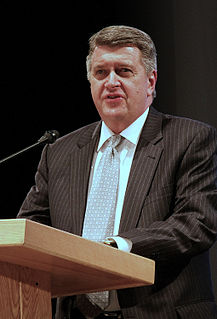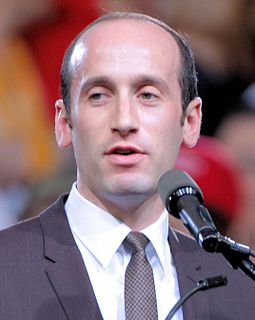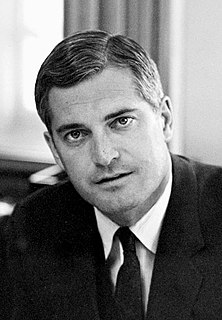A Quote by Francis Collins
Faith is reason plus revelation, and the revelation part requires one to think with the spirit as well as with the mind. You have to hear the music, not just read the notes on the page.
Related Quotes
How wonderful it is that we believe in modern revelation. I cannot get over the feeling that if revelation were needed anciently, when life was simple, that revelation is also needed today, when life is complex. There never was a time in the history of the earth when men needed revelation more than they need it now.
I believe in revelation, but not in revelation which each religion claims to possess, but in the living revelation which surrounds us on every side - mighty, eternal, unceasing, incorruptible, clear, distinct, universal as is the being from whom it proceeds, in that revelation which speaks to us and penetrates us from the moment we are born until we die.
One major difference between Mormons and evangelicals on the subject of revelation is that Latter-day Saints believe that God has appointed modern-day prophets and apostles to receive revelation for Christ's church. All church members may receive revelation appropriate for their particular callings or positions within the church and their families, but never in contradiction to church doctrine or policy. So Mormonism has both a democratic practice of revelation that would resonate with evangelicals, but also an institutional understanding of revelation foreign to evangelicalism.
...[sacred] doctrine is especially based upon arguments from authority, inasmuch as its principles are obtained by revelation: thus we ought to believe on the authority of those to whom the revelation has been made. Nor does this take away from the dignity of this doctrine, for although the argument from authority based on human reason is the weakest, yet the argument from authority based on divine revelation is the strongest.


































